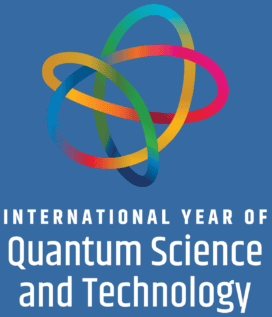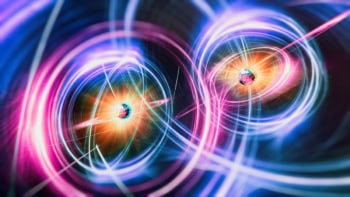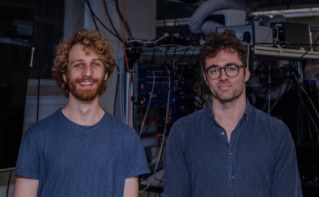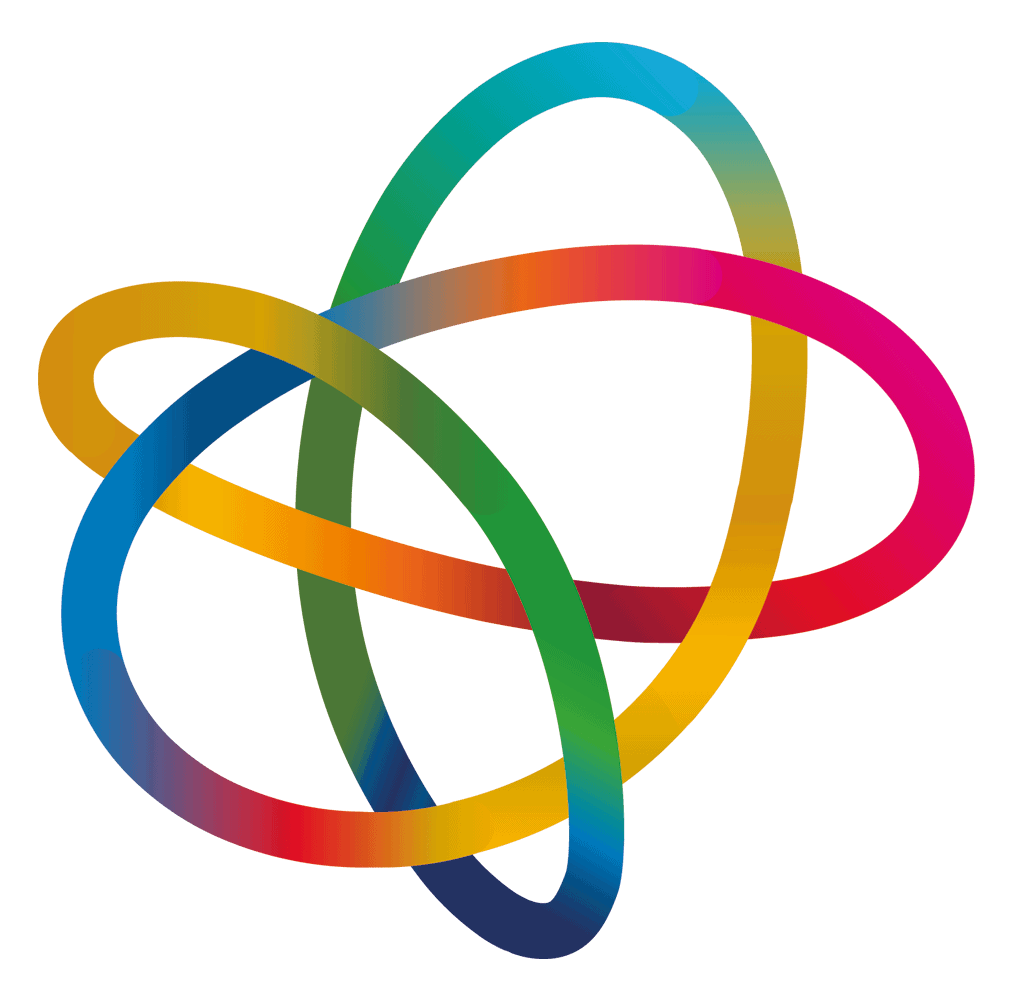
Nadya Mason is dean of the Pritzker School of Molecular Engineering (UChicago PME) at the University of Chicago, US, where her research into quantum materials focuses on the electronic properties of nanoscale and correlated systems, including nanoscale wires, atomically thin membranes and nanostructured superconductors. Elected to both the National Academy of Sciences and the American Academy of Arts and Sciences in 2021, she also received the American Physical Society’s Edward A Bouchet Award in 2020, which recognizes distinguished physicists from underrepresented communities who have made significant contributions to physics research and to the advancement of minority scientists
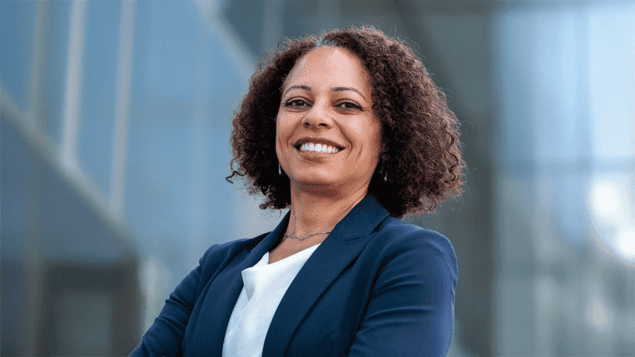
What skills do you use every day in your job?
Right now, I spend 95% of my time being a dean, and in that job the skill I use every day is problem-solving. That’s one of the first things we learn as physicists: it’s not enough just to know the technical background, you have to be able to apply it. I find myself looking at everything as systems of equations – this person wants this, this thing needs to go there, we need money to do that thing – and thinking about how to put them together. We do a really good job in physics of teaching people how to think, so they can take a broad look at things and make them work.
What do you like best and least about your job?
The thing I like best is the opportunity to have a wide impact, not just on the faculty who are doing amazing research, but also on students – our next generation of scientific leaders – and people in the wider community. We do a lot of public service outreach at UChicago PME. Outreach has had a big impact on me so it’s incredibly satisfying that, as dean, I can provide those opportunities at various levels for others.
The thing I like least is that because we have so much to do, figuring out who can do what, and how – within what are always limited resources – often feels like trying to solve a giant jigsaw puzzle. Half the time, it feels like the puzzle board is bigger than the number of pieces, so I’m figuring out how to make things work in ways that sometimes stretch people thin, which can be very frustrating for everybody. We all want to do the best job we can, but we need to understand that we sometimes have limits.
What do you know today that you wish you’d known at the start of your career?
I feel a little guilty saying this because I’m going to label myself as a true “in the lab” scientist, but I wish I’d known how much relationships matter. Early on, when I was a junior faculty member, I was focused on research; focused on training my students; focused on just getting the work done. But it didn’t take long for me to realize that of course, students aren’t just workers. They are twenty-somethings with lives and aspirations and goals.
Thankfully, I figured that out pretty quickly, but at every step along the way, as I try to focus on the problem to solve, I have to remind myself that people aren’t problems. People are people, and you have to work with them to solve problems in ways that work for everybody. I sometimes wish there was more personnel training for faculty, rather than a narrow focus on papers and products, because it really is about people at the end of the day.
This article forms part of Physics World‘s contribution to the 2025 International Year of Quantum Science and Technology (IYQ), which aims to raise global awareness of quantum physics and its applications.
Stayed tuned to Physics World and our international partners throughout the next 12 months for more coverage of the IYQ.
Find out more on our quantum channel.
